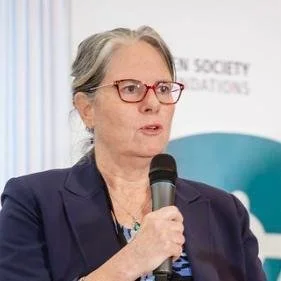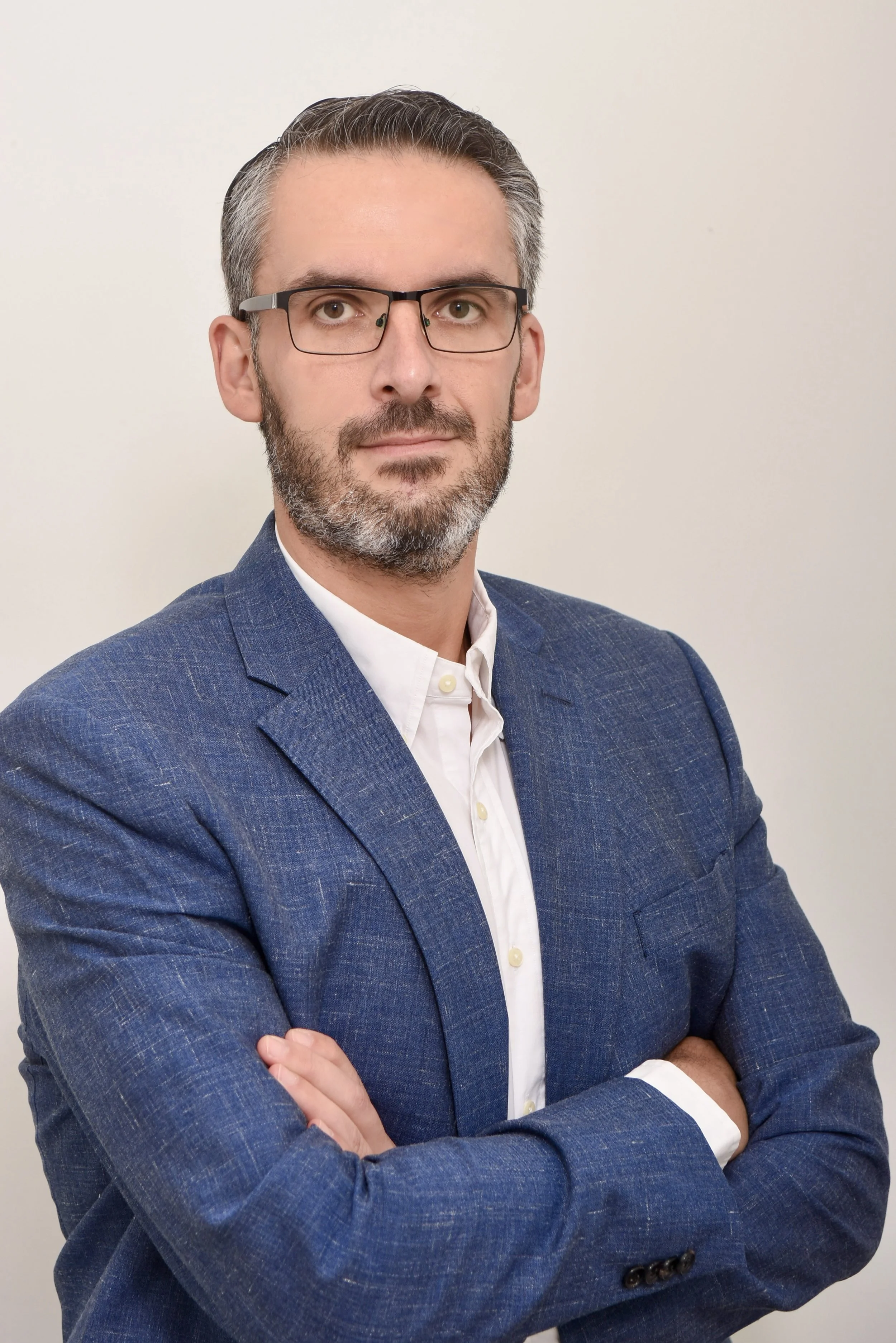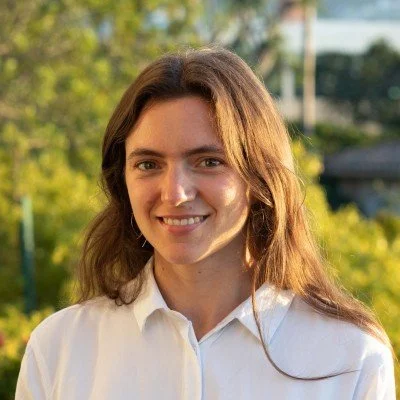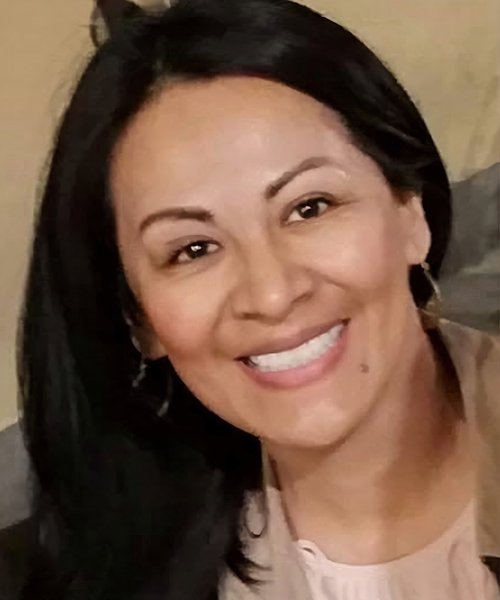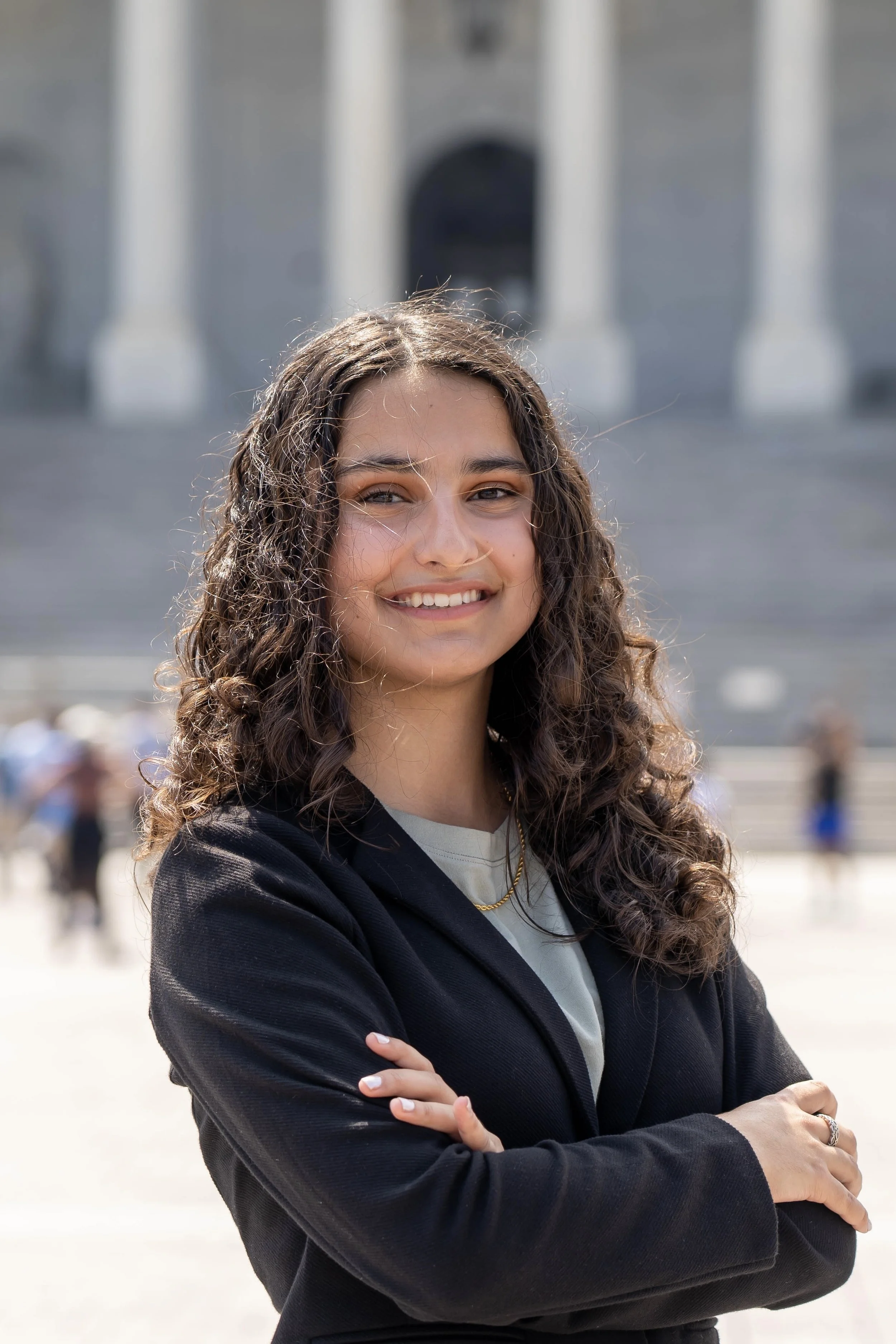
Securitization without Security:
How Migration is Shaping the Global Order
About our Project
This project examines how the securitization of migration by the United States and Europe is affecting global peace and security. Funded by the Carnegie Corporation of New York, it is a collaborative initiative of the Leir Institute for Migration and Human Security at the Fletcher School, Tufts University, and the School of Social and Political Sciences at the University Glasgow. It is led by Dr. Katrina Burgess and Dr. Gerasimos Tsourapas.
The most highly securitized migrant routes are those traveled by migrants and refugees seeking entry into the United States and Europe. It is precisely along those routes that we expect to find evidence of serious and growing threats to the global order.
First.
There is evidence that securitized migration policies are fueling a loss of state authority to non-state actors embedded in illicit political economies along migratory routes.
Paradoxically, the more the United States and Europe fortify their own borders and outsource migration control to transit countries, the more migrants rely on non-state actors such as smugglers, armed groups, and informal service providers to facilitate their journeys.
As a result, illicit political economies with increasingly transnational dimensions have emerged at critical choke points along migration pathways to the United States and Europe.
These illicit political economies support a variety of non-state actors, who not only transform local communities but also become key nodes for transnational criminal organizations intent on diversifying their portfolios to include migrant smuggling and human trafficking, often across continents.
second.
Securitized migration policies are encouraging states to engage in coercive issue linkage to achieve their foreign policy objectives.
On the one hand, the United States and Europe are leveraging policy instruments from other arenas, such as trade and investment, to pressure transit states to cooperate with their migration-related agendas.
On the other hand, transit states are capitalizing on their strategic location in these securitized spaces to punish and/or extract material concessions from the United States or Europe.
While coercive issue linkage may not always be used for nefarious purposes, it encourages states to treat migrants and refugees as political pawns, potentially compromises other policy objectives, and opens the door for authoritarian and/or rogue states to further their agendas at the expense of global peace and security.
Both of these phenomena have been studied quite extensively but never under the unifying framework of securitized migration policy as it affects changing global power dynamics. Nor has there been much comparative analysis of how non-state actors and transit states operate within the U.S.-bound and Europe-bound migration corridors despite their striking parallels. Our project thus breaks new ground by highlighting these connections and exploring their implications for the international order.
Ideally, our findings will encourage U.S. and European policymakers to rethink their approach to managing human mobility. In an era of intense polarization, our project aims to tap into policymakers’ heightened attention to migration by underlining novel security risks that have gone unexplored. It has the potential to appeal to both sides of the ideological spectrum: to the left concerned with the negative impact of securitization on human rights; and to the right concerned with the global reach of criminal groups and the erosion of state sovereignty. The current political climate serves as a unique opportunity to bring to the forefront the role of non-state actors and transit states via our policy recommendations and to maximize their potential uptake. We have shaped our project accordingly, in order to engage with stakeholders and policymaker at different levels; we recognize that migration is highly politicized, but if we can show that securitized responses pose a far more serious threat to global peace and security than does migration itself, we also hope to empower those within the relevant bureaucracies to advocate for alternatives before displacement gets even worse in the wake of climate change.
Meet the Team
Contact Us
Henry J. Leir Institute for Migration and Human Security
The Fletcher School of Law and Diplomacy
Tufts University
160 Packard Ave.
Medford, MA 02155 USA
